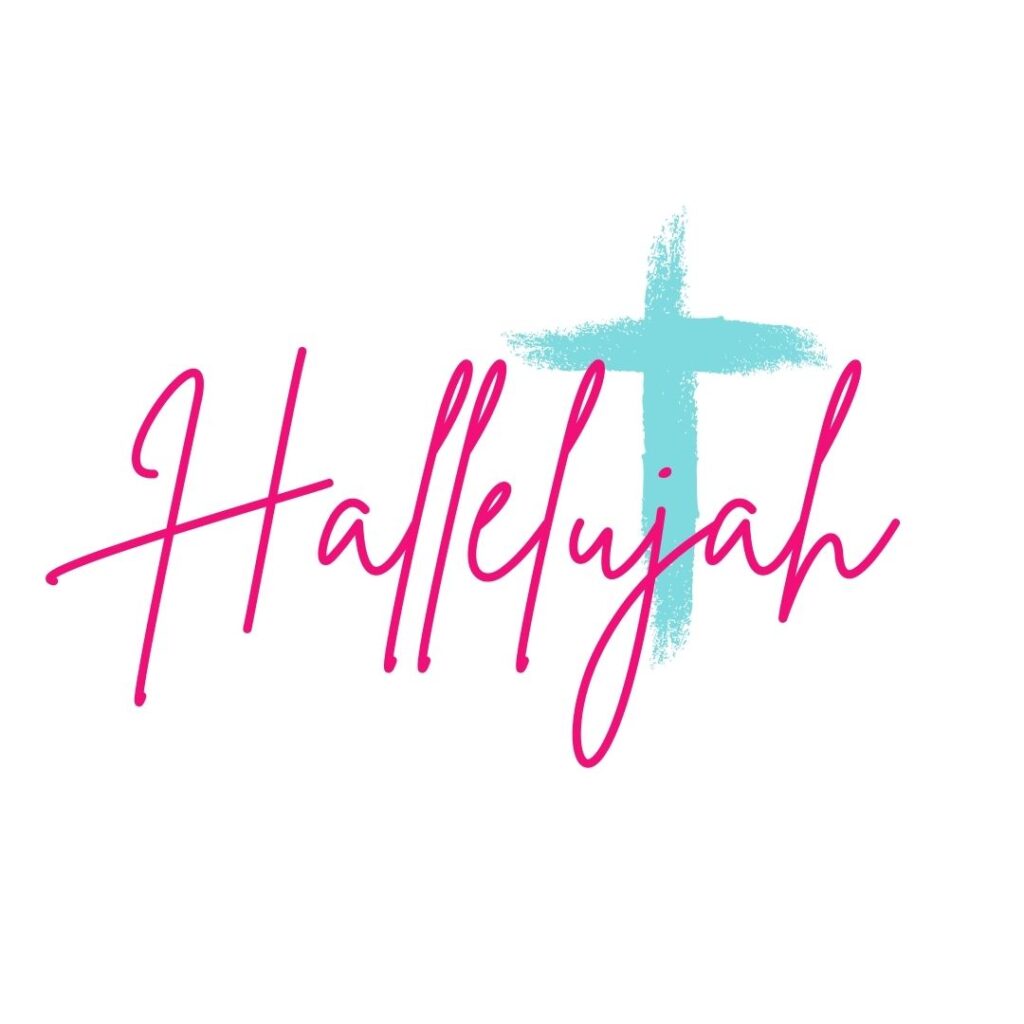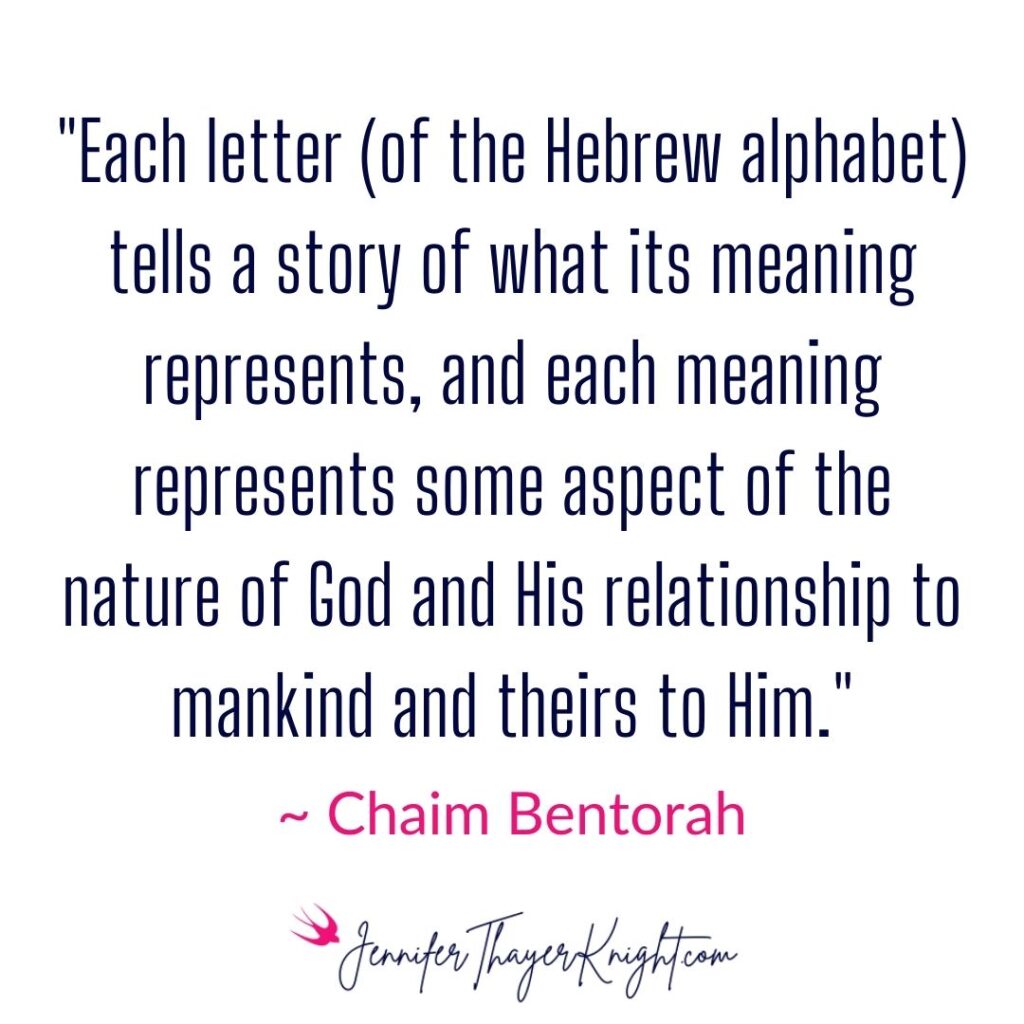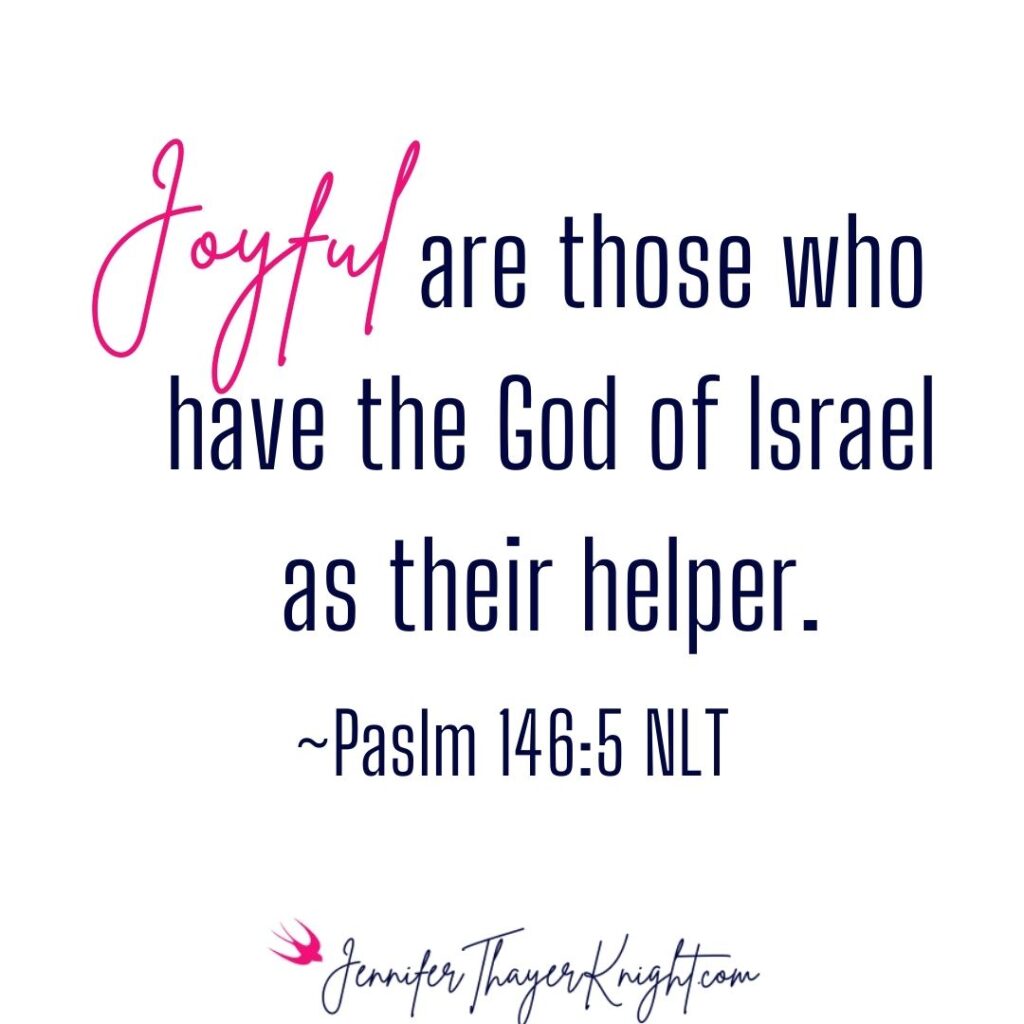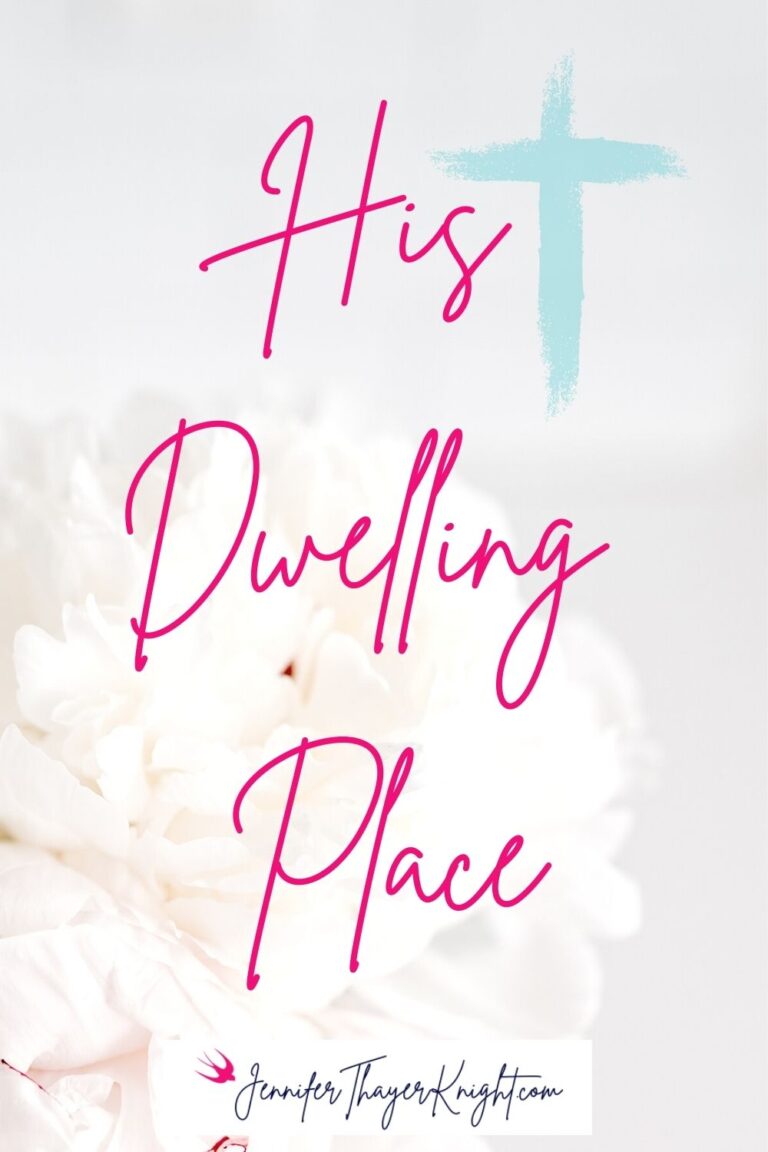Praise And Worship
In the last post, we looked into the Hebrew word for worship. If you have not, I encourage you to read it here. The Lord did something new in my heart when I wrote that post, and I hope He stirred your heart too. I have continued reading more of the book Hebrew Word Study: Beyond The Lexicon by Chaim Bentorah, and I cannot put the book down. Each paragraph provides new insights that ignite something within me. This post will focus on the word Hallelujah, which compliments the post on worship beautifully.
Hallelujah
My father-in-law knew a lot about a lot of things. At least he made it seem like he did. One day as he imparted his knowledge to me, he asked me if I knew what word had the same meaning in every language. I did not know, do you? The answer: Hallelujah. Hallelujah in every single language means to praise the Lord. I find this amazing that the only word every language on Earth shares is this precious word that tells us to praise the King of Kings and Lord of Lords.
Throughout the old testament, hallelujah expresses worship, predominantly in the psalms. We sing hallelujah in hymns and in modern worship songs. Throughout Revelation, we see hallelujah used as a picture of eternal worship.
Halal
The author of the aforementioned book, Chaim Bentorah, says, “Each letter (of the Hebrew alphabet) tells a story of what its meaning represents, and each meaning represents some aspect of the nature of God and His relationship to mankind and theirs to Him.” I hope you find this as fascinating as I do. Keep reading; it gets even better.
The root word for hallelujah in Hebrew is halal הלל. Halal means to praise, celebrate, sing, give glory, and in its simplest, it means to boast. In most of our English Bible translations, we will see “Praise the Lord” as the translation for Hallelujah. The word halal begins with my favorite letter, the hei ה. Like I shared in the last post, the Hei represents the breath of God and/or the presence of God. It also means to bow down or show submission. After the hei ה, you find two lameds לל. The author, Chaim Bentorah, best says the following.
Your Heart
“The question that can be asked is, “How do we praise the Lord, is there some physical manifestation in our praise?” The picture given by the word itself would answer that question. The word is spelled Hei, ה followed by two Lameds לל. Look at the Lamed ל that little hump in the middle of the letter represents your heart. Lamed ל is the first letter in the word lev לכ which is the word in Hebrew for heart. If you put the two Lameds לל together facing each other, those two bumps will give you the picture of a heart.”
Uplifted Hands
Following the image of the heart the author continues…
“Perhaps God knew that at some late time in history there would be controversy over the raising of uplifted hands to Heaven in praise and worship and God wants to give us something from antiquity to confirm this gesture. For you see the Lamed ל is the tallest letter in the Hebrew alphabet and the stem is reaching up to Heaven as if it is a raised hand reaching up to Heaven to offer something from one’s heart or to receive from Heaven something into their hearts. Thus the word for praise using the Hebrew letters gives us a picture of two uplifted hands towards Heaven seeking to give or receive something in their hearts. Can you think of a better definition of praise?”
Can you think of a better definition? I sit in awe after reading this. I never knew the depth of the Hebrew alphabet, and that each letter could represent so much. To know that God would provide something so intricate to provide a picture of what praise and worship represent is incredible to me. The details He gives us of the type of relationship He wants to have with us are nothing short of miraculous.
Praise And Worship
I know many people try to separate praise and worship, but I don’t think you can have one without the other. In our effort to worship God, we offer praise to Him. What does praise and worship look like in the Bible? There were so many people of the Bible that showed praise and worship beautifully, but we will look specifically at the psalms, which in Greek means to praise.
Psalm 146 beautifully shows us what praise in worship looks like.
“Praise the Lord! Let all that I am praise the Lord. I will praise the Lord as long as I live. I will sing praises to my God with my dying breath. Don’t put your confidence in powerful people; there is no help for you there. When they breathe their last, they return to the earth, and all their plans die with them. But joyful are those who have the God of Israel as their helper, whose hope is in the Lord their God. He made heaven and earth, the sea, and everything in them. He keeps every promise forever. He gives justice to the oppressed and food to the hungry. The Lord frees the prisoners. The Lord opens the eyes of the blind. The Lord lifts up those who are weighed down. The Lord loves the godly. The Lord protects the foreigners among us. He cares for the orphans and widows, but he frustrates the plans of the wicked. The Lord will reign forever. He will be your God, O Jerusalem, throughout the generations.
Praise the Lord!
~Psalm 146 NLT~
As a visual person, I imagine the psalmist on his knees with arms held high singing this psalm with intense emotion. He is lavishing praises onto God by speaking aloud of all the marvelous things God has done. When we praise, we tell God all that He means to us and why we are so thankful. I ask you to take a moment now and praise Him. Worship Him by thanking Him for what He has done for you and what He has done in you and through you.
As much as we like to think worship is set aside for Sunday mornings or in special services, it can and should be done all the time and in everything. So whether you are at work and sitting at your desk or sitting in a carpool line reading this on your phone, I encourage you to stop and praise Him. He is worthy of all your praise.
What Do Praise And Worship Mean To You?
Before we conclude, I want to share with you what others have said worship means to them. I asked you all on Facebook and Instagram to “Define Worship.” Below are some of the great answers I got in response.
“Basking in his glorious presence, taking him in, filling up to overflow. Hallelujah, glory to God, thank you, Jesus.“
~Billie Jo Burns
“When my cracked hands are washing dishes, or the pots and pans, and I still want to correspond with God, my Father, and sing His praises or enjoy His sunsets.“
~Deb Sherrer
“Worship is not merely singing. Worship is not a four or five-song warm-up for the sermon. It doesn’t only happen when believers gather for Sunday services, nor is it an event. Worship is a lifestyle in the truest sense of the word. When we define worship as giving God our time, attention, and affection, there isn’t any area of life that’s not involved. Everything in your life becomes a form of worship to God. Playing with our kids, encouraging a friend, conscientious work, and, yes, gathering with other believers to sing, read the Word, love God and love one another are all forms of our worship to the Lord.
When our hearts are continually connected to God’s heart, the worship never stops. Jesus said the Father is seeking worshippers, but He is seeking a certain kind of worshipper: those who will worship Him both in Spirit and in truth. We worship in spirit by submitting our spirit and our minds to His ways. We worship in truth as we authentically reflect who He is in us to others. Our goal is to give glory to God and have a constant awareness and demonstration of His presence in our lives in everything we say and do. This includes our relationships, occupation, and everyday lives, as well as our Sunday celebrations.“
~Ryan Bell
Praise And Worship
In closing, I want to summarize the definitions of the Hebrew forms of worship and praise. This is my personal interpretation.
We have the privilege to enter the sacred places with God because of the blood of Jesus. In this precious place, we can pour out our hearts with praise and adoration and share our pain. In this closeness, He ignites us with a fiery passion that draws us closer. As we approach, we can feel the weight of His presence upon us. We can hear the small whisper of His voice that guides and directs us on a path to serve Him.
Here is a song I love that I believe goes perfect with this post.
*Another source I used for writing this post is The New Strong’s Expanded Exhaustive Concordance of the Bible.
*Please feel free to share this post and any images to your social media profiles.
Let’s Connect
I want to hear more from you and some of your experiences with worship. Please share them in the comments or email me through the form below. Your messages are a highlight to me. I eagerly await to hear from you.










